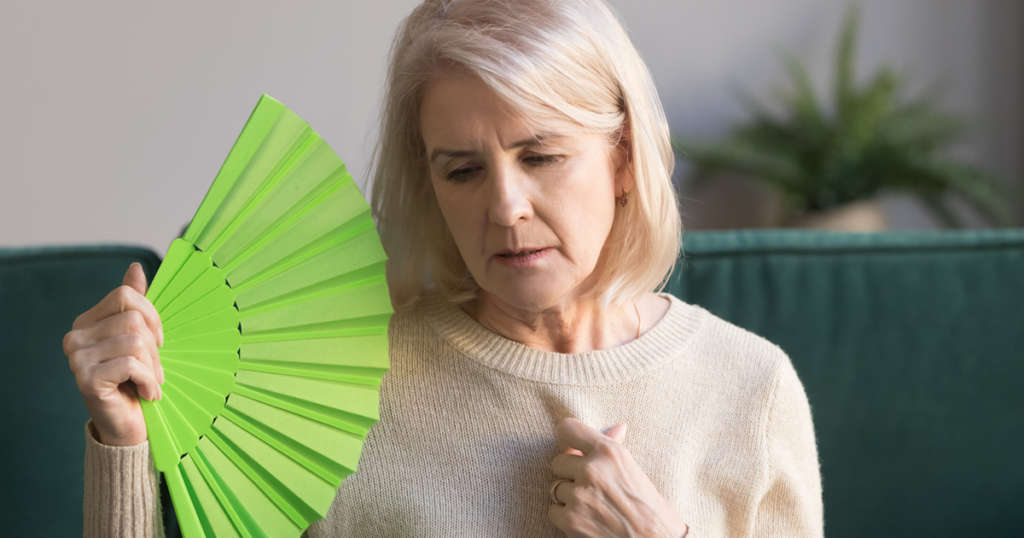
Women face menopause at some point in their lives. Menopause is a phase when the menstrual cycle ends and the ability to reproduce ends. It usually occurs between the ages of 45 and 55. However, some women may experience this period earlier or later. Menopause causes hormonal changes in the body. These changes may bring with them some signs and symptoms.
Symptoms of Menopause:
- Irregular Menstrual Periods: Before menopause, menstrual periods may become irregular. Menstrual bleeding may become more frequent or less frequent.
- Hot Flashes: Hot flashes are one of the most common symptoms of menopause. It causes sudden attacks of intense heat and sweating.
- Night Sweats: Hot flashes are often seen together with night sweats. This can affect sleep quality.
- Vaginal Dryness: Hormonal changes can thin the vaginal tissue and cause dryness. This can cause pain during sexual intercourse.
- Urinary Tract Infections: The risk of urinary tract infections may increase. Because vaginal dryness can lead to urinary tract infections.
- Psychological Symptoms: Menopause can also be associated with psychological symptoms. Depression, anxiety, fatigue and insomnia may be common during this period.
- Weight Changes: Menopause can often cause weight gain, especially in the abdominal area.
Causes of Menopause
Menopause is part of the aging process and is a natural phase. The main reason for this process is that women can no longer produce enough eggs in their ovaries. Changes in hormone levels lead to symptoms of menopause.
Treatment of Menopause
Menopause symptoms can negatively affect quality of life. However, treatment options are available. Hormone replacement therapy (HRT) can be used to relieve its symptoms. Additionally, lifestyle changes, a balanced diet, exercise and stress management can help relieve menopause symptoms.
A Natural Phase of Women’s Life
Menopause is a natural phase of women’s lives. Its symptoms may differ from person to person. It is important to get support during this period. Your doctor can help you find appropriate treatment options to relieve menopause symptoms and live a healthy life. Remember that every woman experiences menopause differently. That’s why a personalized approach is important.
In this article, general information was given about the symptoms, causes and treatment of menopause. However, when facing any health issue, it is always important to consult a healthcare professional.
[…] Menopause is a period when a woman’s menstrual cycle ends. In the post-menopausal period, issues such as bone health and hormonal balance are important. A healthy lifestyle can positively impact postmenopausal health. […]